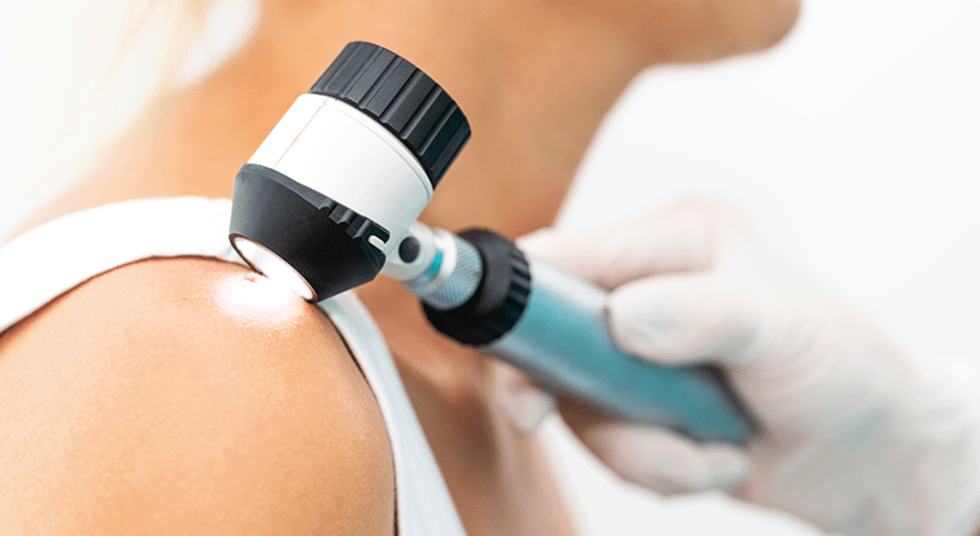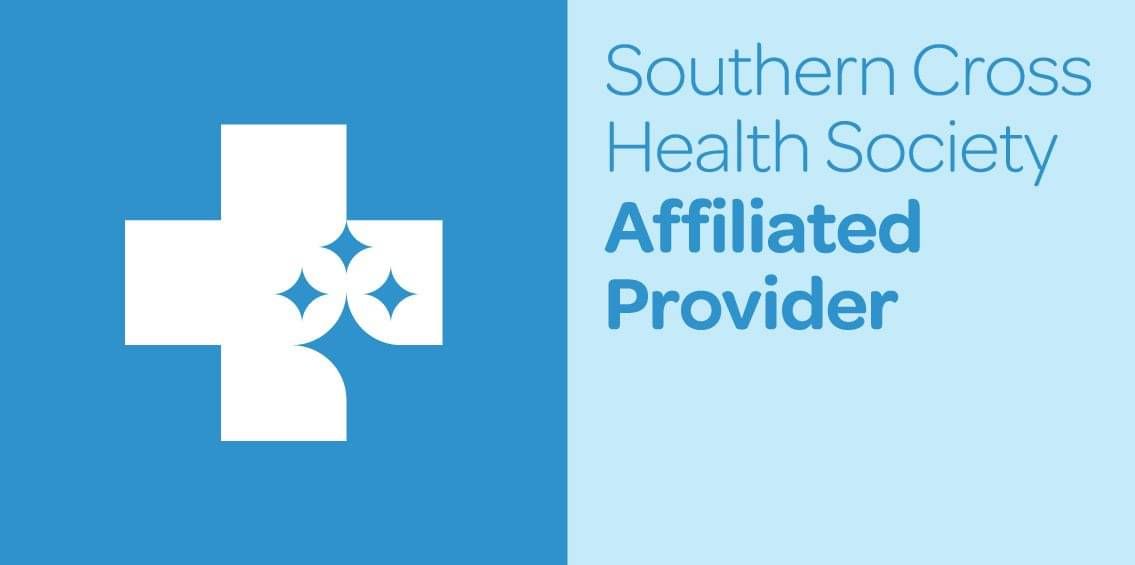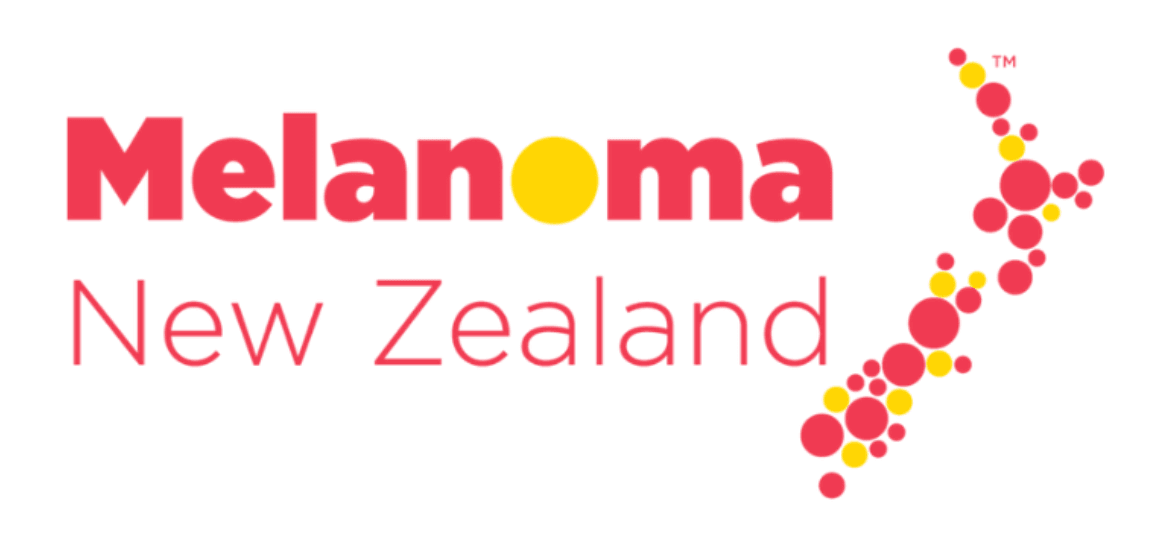Skip to main content
- Andrew, Ebba and Anne are all highly trained in the early detection and diagnosis of skin cancer including melanoma.
- We offer 'spot checks' of single or a few skin lesions you may be worried about, or full body skin checks.
- We examine your skin using a dermatoscope (skin surface microscope) coupled with the latest skin imaging software, allowing very early signs of melanoma and other skin cancer to be identified.
- We provide immediate feedback and advice during your consultation. If a concerning lesion is found, you will be able to discuss the treatment options and next steps during your appointment.
- For those with a history of melanoma or other skin cancer, or at high risk (e.g. history of sun exposure, multiple moles, fair skin etc) we recommend an annual full skin check. Early detection and treatment allows the best chance of cure.
- If you are found to have a skin cancer there a number of treatment options. We will discuss these to find the best treatment option for you. Treatments may include:
- Topical cryotherapy : "freezing" with liquid nitrogen is a quick and effective way of treating precancerous lesions such as actinic keratosis, and some other superficial skin cancers. This is done on the spot at the time of the consultation.
- Topical creams: Topical chemotherapy creams such as Aldara (Imiquimod) or Efudix (5-fluorouricil) can be used to treat some skin lesions.
- Skin surgery: Minor surgery is often the best treatment option, depending on the type and location of the skin cancer. It most situations it offers the best chance of cure. Minor skin surgery is done under local anaesthetic, making the procedure painless and enabling you to return home afterwards. See below for further information.
- We have a fully-equipped surgical treatment room on-site, and use the latest surgical equipment and techniques.
- All follow-up care (e.g, suture removal, dressings, results discussion) is routinely provided at the clinic.
- There are several options available for treating skin cancer but surgery gives patients the highest chance of cure. If you chose to have this we offer a wide variety of surgery that is designed to suit your individual needs.
- Many of our patients will just need a simple operation under a local anaesthetic to fully remove the cancer. This may mean returning after a week for removal of your stitches by Anne.
- Some patients may require a skin graft which is also usually done using local anaesthetic. It needs a dressing which Anne would normally change one to two weeks after the surgery. Occasionally further ongoing care is required.
- When the skin cancer is an area that is difficult to close directly or use a graft, a local flap of skin may be required to close the place where the cancer has been removed. This can take longer but it is often still done with a local anaesthetic. It can give the patient an excellent result once it is healed. Both Barry and Andy are fully trained and do this type of surgery every week. Many patients have their stitches removed a week later.
- Occasionally if the tumour is large or in a very awkward place, patients will require a removal using local anaesthetic and then a reconstruction a week or two later under a general anaesthetic. Andy has a passion for this type of surgery on the face and does it frequently, often being asked by other specialists to help out with their patients. If you are in this situation we will carefully communicate with you to ensure that you are fully informed and cared for. We have many examples of patients who have been through this process.






